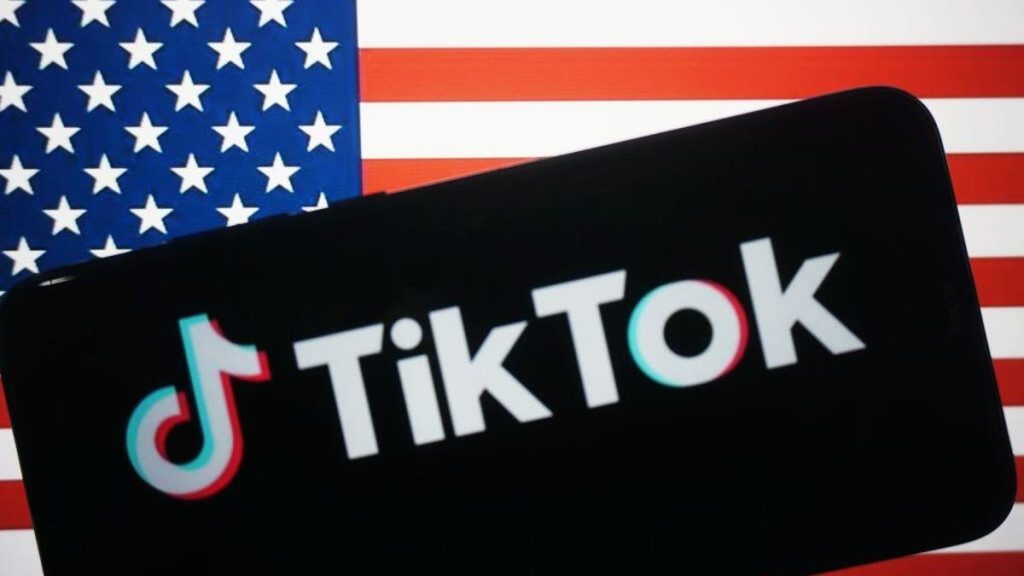Lawmakers in the US House of Representatives are fast-tracking legislation that could lead to a ban on TikTok, a popular social media platform owned by ByteDance. The measure would require ByteDance to sell TikTok to a buyer approved by US officials. The legislation is being attached to an aid package for Ukraine and Israel and is scheduled for a vote in the House. If it passes, it would then need to be approved by the Senate. Lawmakers have expressed concerns about TikTok being a national security threat and being used by the Chinese government for spying or spreading disinformation. TikTok denies these accusations and has rallied its users to oppose the legislation.
The bill aims to force ByteDance to sell TikTok to a buyer approved by US officials and ensure that ByteDance no longer has access to US user data or control over the TikTok algorithm. If TikTok does not comply within nine months, the government could require the removal of the app from US app stores. The time period could potentially be extended to a year. Senate leadership was initially hesitant to take up the legislation, but the ties to aid for Ukraine and Israel may push them to reconsider. There is support for the legislation from Senators Warner and Rubio, who are concerned about the national security threat posed by TikTok.
Former President Trump has expressed opposition to a ban on TikTok, citing concerns about the impact on young users. Free speech and digital rights groups, as well as some security experts, have also opposed the idea of a ban, arguing that it does not address broader issues with social media. They suggest passing comprehensive digital privacy laws to protect personal information from all social media companies. The Electronic Frontier Foundation and Fight for the Future both advocate for data privacy legislation instead of censorship.
If the legislation is passed and TikTok is ultimately banned, experts expect legal challenges from free speech advocates, the tech industry, and others. Despite concerns about national security, some argue that banning TikTok would not address the larger issue of data privacy. The path forward for lawmakers and TikTok remains uncertain, with the bill’s fate dependent on approval by the Senate. It is a contentious issue that has divided opinions among politicians, experts, and advocacy groups. The outcome will have significant implications for the future of social media regulation in the United States.


